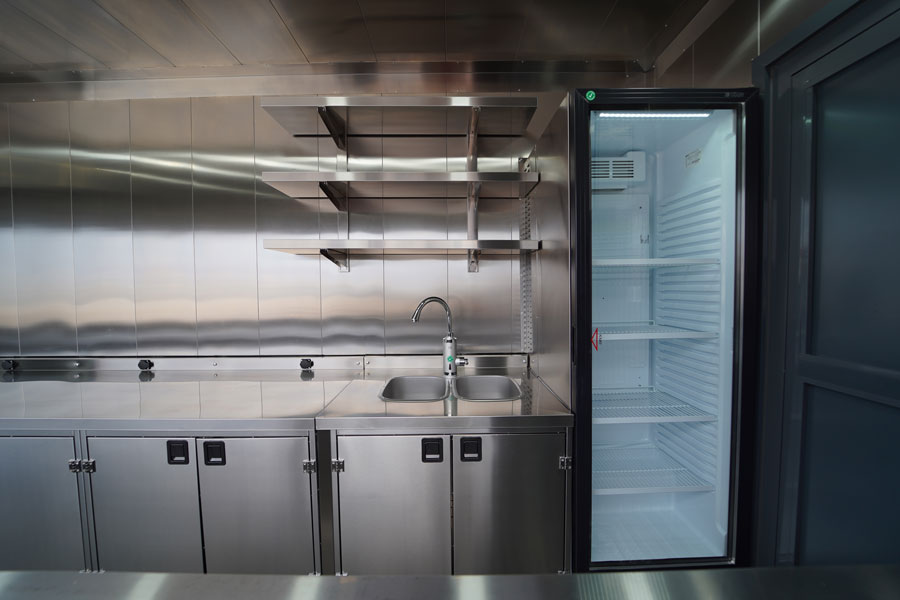Mobile kitchens have gained popularity in the food industry in recent years and have become a business model preferred by many entrepreneurs. However, this business model has both advantages and disadvantages. Here is a detailed review of the advantages and disadvantages of mobile kitchens:
Advantages
Flexibility and Mobility
Mobile kitchens, as the name suggests, are portable and flexible. Thanks to these features, they can provide service in different locations. They can reach customers quickly and effectively, especially in crowded places such as busy events, festivals, and sports events.
Low Startup Cost
Compared to traditional restaurants, mobile kitchens generally have lower initial costs. Instead of renting a fixed location and establishing a large infrastructure, starting a business with a mobile vehicle or bench requires less capital. This provides lower risk and investment opportunities for entrepreneurs.
Expansion of Target Audience
Mobile kitchens can easily reach different regions and different target audiences. Mobile kitchens, especially those located in cities or touristic areas, can expand their customer base by targeting both local people and tourists.
Creative and Original Concepts
Mobile kitchen operators have the freedom to develop creative and original dining concepts. For example, they may focus on a particular culinary culture or offer healthy snacks. This makes the business unique and eye-catching.
Low Operating Costs
Operating costs are generally lower than a fixed restaurant. Energy usage, personnel expenses and other operational costs allow mobile kitchens to be managed on a smaller scale and more effectively.
Disadvantages
Limited Space and Capacity
Mobile kitchens usually offer limited space. This may limit the capacity to produce or service on a large scale simultaneously. Therefore, it may be difficult to respond quickly during high demands or large events.
Dependency on Weather Conditions
During outdoor events or seasonal changes, the performance of mobile kitchens may vary depending on weather conditions. Working conditions may become difficult, especially in rainy or very hot weather.
Infrastructure and Equipment Transportation Challenges
Mobile kitchen operators may encounter the problem of regularly transporting and storing equipment and ingredients. Installing and placing equipment at each location can take time and affect operational efficiency.
Legal Regulations and Permissions
Each city or region may have different regulations and permitting requirements for mobile kitchens. Obtaining these permits and complying with the regulations can require time and resources for business owners.
Rivalry
The mobile kitchen industry is becoming increasingly competitive. Competition across different concepts and service qualities can make it difficult for new businesses to gain market share and affect the sustainability of existing businesses.
The advantages and disadvantages of mobile kitchens are important factors for business owners to consider. It is possible to maximize the advantages and minimize the disadvantages with the right strategies and quality service. As with every business model, mobile kitchen business also involves risks and opportunities. To be successful, it is important to analyze the market well, understand customer needs correctly and constantly develop innovative approaches.




